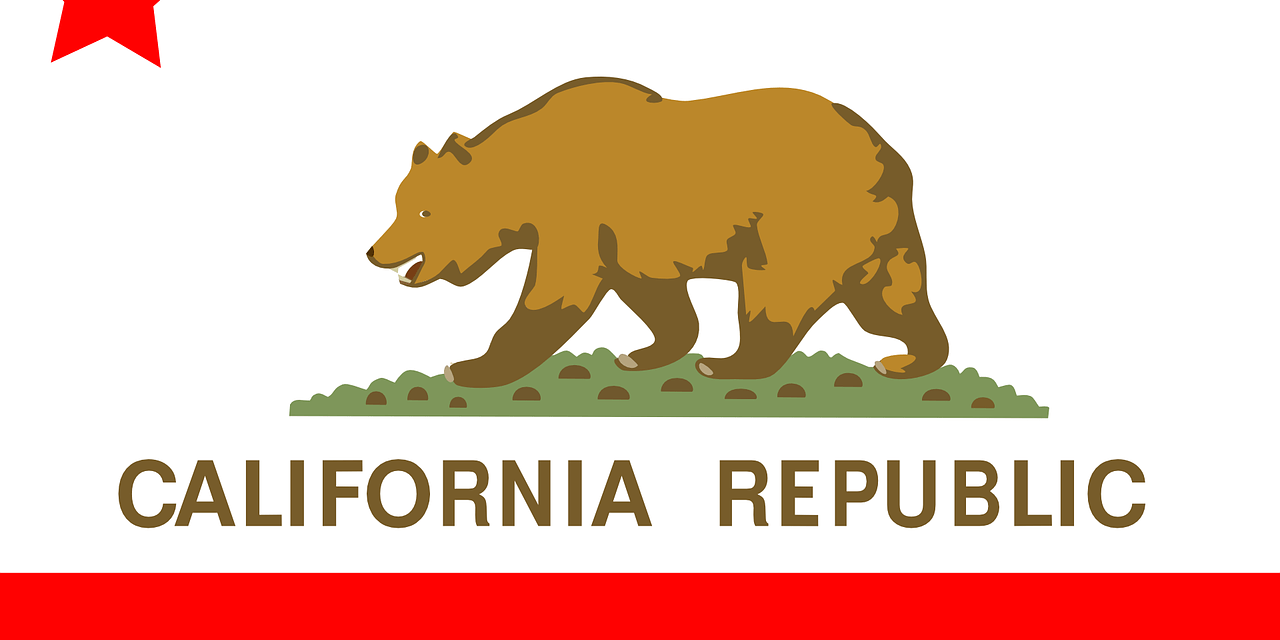With some states pausing their reopening processes due to spikes in COVID-19, the personal-finance website WalletHub today released updated rankings for the States with the Fewest Coronavirus Restrictions.
To identify which states have the fewest coronavirus restrictions, WalletHub compared the 50 states and the District of Columbia across 18 key metrics. Its data set ranges from whether the state has any penalties for non-compliance with COVID-19 legislation to whether the state has required face masks in public and health checks at restaurants. Below, you can see highlights from the report, along with a WalletHub Q&A.
Coronavirus Restrictions in California (1=Fewest, 25=Avg.):
- 31st – Requirement to Wear a Face Mask in Public
- 31st – Reopening of Child-Care Programs
- 15th – Travel Restrictions
- 51st – Large Gatherings Restrictions
- 46th – Strictness of “Shelter in Place” Order
- 23rd – Reopening of Non-Essential Businesses
- 51st – Reopening of Restaurants and Bars
Note: Rankings are based on data available as of 12:30 p.m. ET on Monday, July 6, 2020.
Q&A with WalletHub
Q: Should states that see spikes in COVID-19 deaths just pause their reopening or reinstitute lockdowns?
A: “States with spikes in COVID-19 deaths should pause their reopening as well as make sure extra preventative measures are in place, like mandatory mask wearing and temperature checks at workplaces and busy transit hubs. Some states, such as Texas and Arizona, have already paused their reopening yet don’t require masks in public,” said Jill Gonzalez, WalletHub analyst. “It may be necessary to reinstitute lockdowns in some places at a micro level, in small communities that are experiencing especially high death and hospitalization rates.”
Q: How have the recent protests across the U.S. affected states’ reopening plans?
A: “The recent protests throughout the U.S. could both help and hurt states’ reopening efforts. On the positive side, the protests may prove to people that it’s safer to be outside than they thought, leading to more economic activity sooner. On the negative side, the protests could lead to spikes in COVID-19 cases that might force reopening delays due to public health concerns,” said Jill Gonzalez, WalletHub analyst. “Even if reopening proceeds without delay in a given area, some business owners will face setbacks unrelated to the coronavirus. The rioting that accompanied protests in some cities caused damage to businesses just as they were starting to reopen. Hopefully, damaged businesses can get back on track through insurance or government assistance.”
Q: What should states be most mindful of when reopening?
A: “States should be most mindful of limiting close contact between residents even as businesses reopen, which means that state legislatures should transition from guidelines on social distancing to laws, such as requiring mask wearing in public places and limiting the number of people per square footage. States can show extra care to vulnerable populations by making sure they are accommodated with free deliveries of essential goods and exclusive hours at all businesses,” said Jill Gonzalez, WalletHub analyst. “Most importantly, state governments need to closely monitor the number of coronavirus cases, prepare for a second wave, and adjust further reopening plans if needed to avoid too much of a strain on hospitals.”
Q: Why does South Dakota rank as the state with the fewest coronavirus restrictions?
A: “South Dakota ranks as the state with the fewest coronavirus restrictions because in part it does not require or recommend customer health checks at restaurants. The state has not mentioned any penalties or enforcement for non-compliance with COVID-19 legislation,” said Jill Gonzalez, WalletA: “New York ranks as No. 6 for the most coronavirus restrictions in the U.S.,” said Jill Gonzalez, WalletHub analyst. “New York currently limits gatherings to 25 people or fewer and is one of only six states that still have some form of quarantine active. Restaurants in New York are open for limited dine-in service with restricted capacity, while 18 states don’t have any such restrictions.”Hub analyst. “South Dakota has lifted all restrictions on large gatherings, and is the only state that didn’t require restaurants to close during the pandemic.”
Q: New York has experienced the most coronavirus cases overall in the U.S. but has had a big decline in new cases. How has that impacted the state’s restrictions?
For the full report, please click here.
Image Sources
- California: Image by Clker-Free-Vector-Images from Pixabay





![Enrolling Now, Rewarding Careers Ahead [Sponsored]](https://ukenreport.com/wp-content/uploads/2024/04/COD_heroes_1-1385-2-440x264.jpg)

